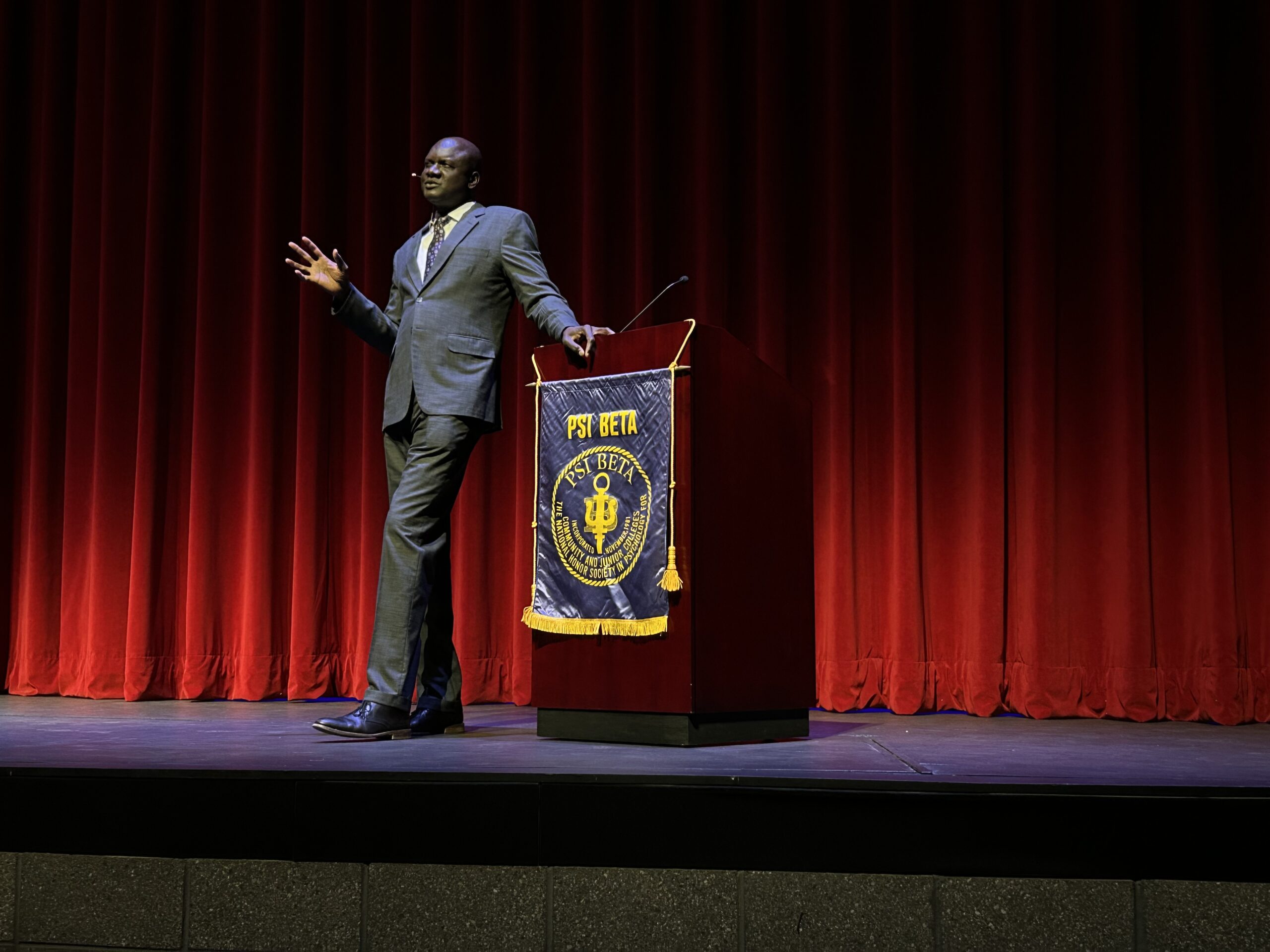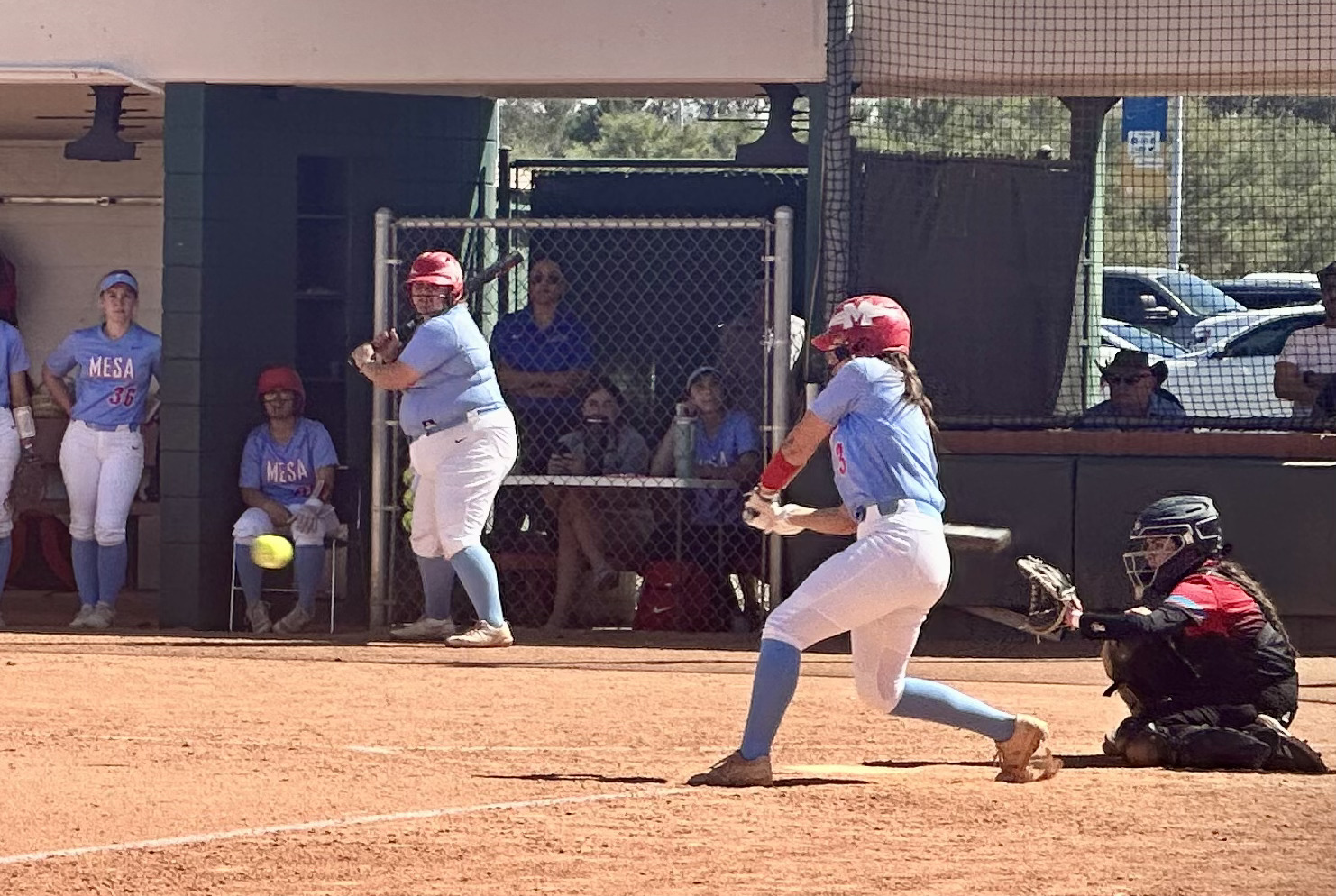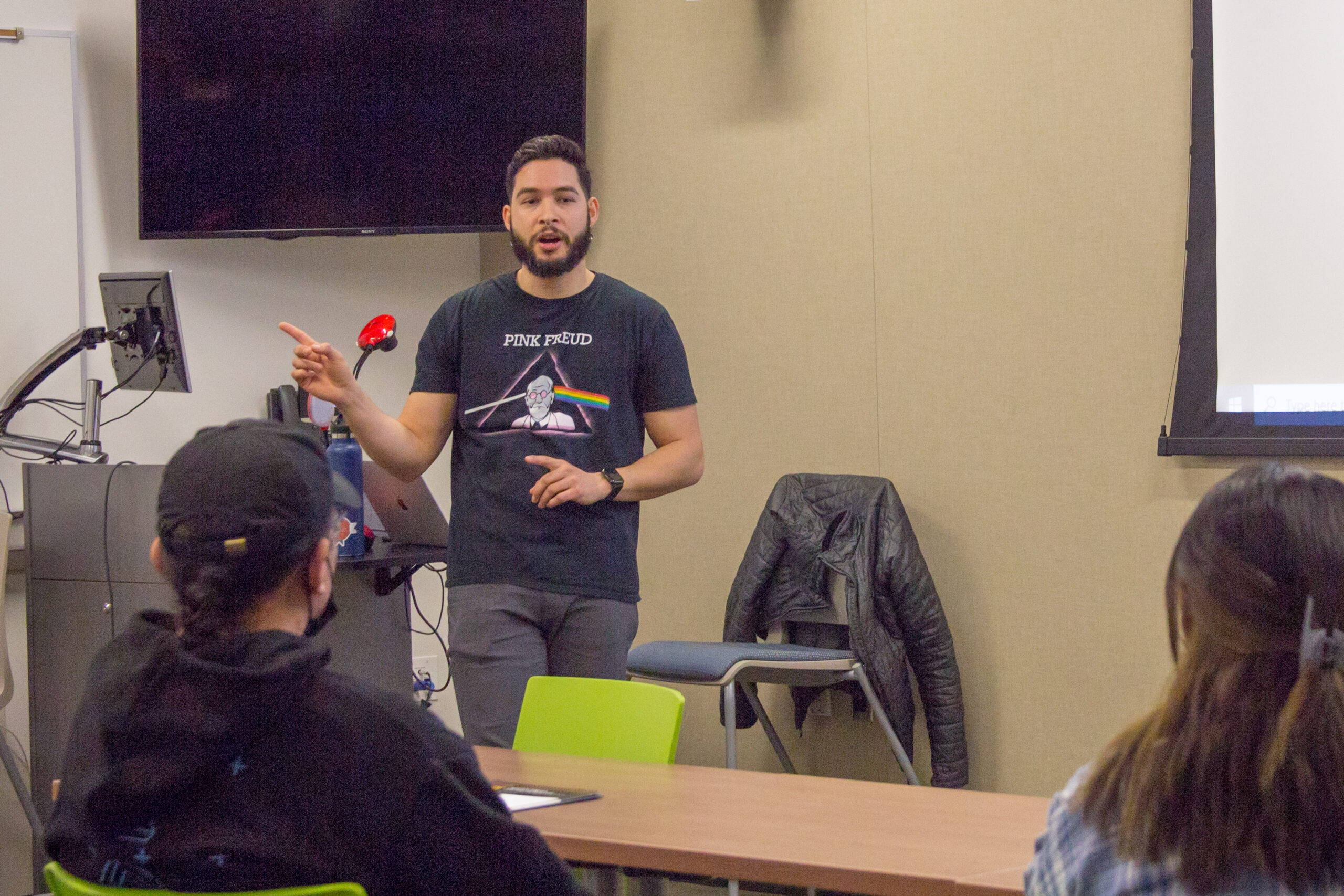Indigenous research project seeks applicants
Mesa Community College hosted guest speaker Isidro Landa from the University of Michigan on Feb. 3 to spread awareness about the University’s summer research program for specialized Indigenous studies.
The Indigenous Summer Research Program is an annual 8 week resident internship at the University of Michigan and focuses on improving and learning about Indigenous treatment and relations in society.
The collaborative research program brings together social leaders and indigenous mentors to develop problem solving methods to the issues that indigenous people face.
Any student across the nation above 18 years old is eligible to apply for the I.S.R.P. The official deadline has been extended to Feb. 10, but applications will still be accepted for consideration beyond this date.
The I.S.R.P is from June 12 through Aug. 4. Accepted students received a $2,400 stipend, along with lodging and travel expenses.
The I.S.R.P. is a program under the University of Michigan’s Research for Indigenous Social Action and Equity Center, better known as R.I.S.E.
The goal of the I.S.R.P is to in part “increase indigenous representation in social cultural psychology, to “indigeniz” the field by highlighting the indigenous experiences and perspectives, and to produce empirical research that advances indigenous equity.” according to Isidro Lando, program director for R.I.S.E and one of the organizers and mentors of the I.S.R.P.
Landa showed the audience at his speaker event a look into a weekend retreat during last year’s I.S.R.P, sharing images of a diverse group of 12 students,out of the over 60 to apply, engaged in “peer-to-peer education,” amidst the backdrop of a road trip through Michigan’s lush forests and many lakes.
R.I.S.E, at its core, is a research project, and the extension of its program to I.S.R.P. helps introduce students, much like Landa himself, to the world of psychology and social studies.
Landa, a first-generation college student who got his start at a community college, has included 2-year colleges in his goal to spread the word about the I.S.R.P program, influenced by his own time engaging with his local community college.
“This was an experience where I was both finding this interest in Psychology, but also motivated by my peers staying here [community college] for several years and not moving on, or getting stuck in the cycle,” said Landa.
Due in part to his decision to dedicate himself to the field of psychology in community college, and later specializing in researching indigenous studies, Landa noted that applicants don’t need to be worried about their previous level of research experiences.
“We had most of our students come in [to I.S.R.P.] with just research experience from the classroom. Even if it was just one experience where they learned about research methods and were just barely exposed to it, that was totally fine.” said Landa.
The I.S.R.P. is focused on establishing a diverse group that works in teams to conduct research on indigenous issues, but also while learning team building skills and the power of community both for them, and indigenous people across the country.
“We’re trying to foster this sort of community, this mentorship ideal when they’re working within teams. They’re not just about their own professional development there, we’re also working towards the broader goal of indigenous equity.”. said Landa.











